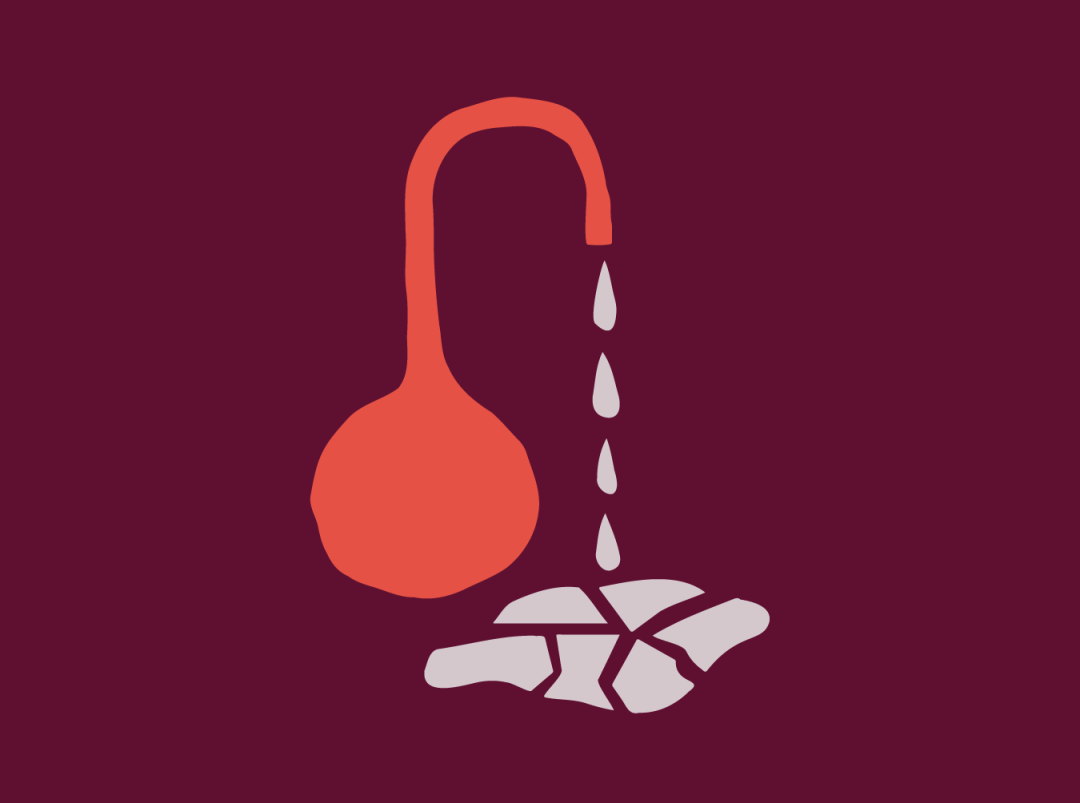#explainer
What Your Discharge Says About You
health
·5 min read

by Team Thinx | 05/24/2017
Mostly, it says you’re totally normal!
Hands up if you’ve ever been mortified at the fact that your bf/lover/one-night acquaintance might have seen your “dirty” undies on the floor, or done the classic undie removal and kick under the bed, god forbid your discharge secret is revealed (but anyway, they’re going to see all that soon enough, if the night is going the way you want it to 😉 ).
Vaginal discharge is one more thing on the long list of women’s health taboos. Don’t believe me? Throw “vaginal discharge” into the next conversation you have and watch people’s faces melt off their skulls. It is, of course, totally normal and healthy! And for something that happens to a lot of us pretty much every day, there’s still a lot we don’t know about it.
First thing’s first, discharge is your body’s way of self-cleaning, which is why you definitely don’t need any floral scented chemical washes up your V — it has that shit sorted on its own! Vaginal fluid helps maintain pH and clears away bacteria and dead cells, preventing infections. Discharge also helps your body with fertility (but more on that below.)
Discharge is usually clear, white, or kinda yellow when it dries. A healthy vagina is not supposed to be odorless or smell like roses or lavender or whatever—there is usually a mild odor. It can vary in texture (how are my squeamish girls doing?), from being sticky, stretchy, or paste-y, and can vary in volume too.
Discharge can also change during different parts of your cycle.
Right after your period, you’ll have a short break with no discharge at all. This is the time in your cycle when you are *least* likely to get pregnant, so your body isn’t going to make it easy for any sperm that might be lucky enough to grace your V.
As the week progresses and your estrogen rises, it will get whiter, stickier, and creamier. The purpose of this type of discharge is to catch and filter out some of the abnormal or “low-quality” sperm cells before they reach the uterus. Cool, huh?
Before, and right around ovulation (day 14ish of your cycle) your body is at its most fertile (condoms on, please!). You can usually tell because your discharge will look like an egg white — clear and stretchy. There’s even a name for this type of discharge (bc doctors often use it to help predict fertility) -- spinnbarkiet (didn’t they win Eurovision last year?). Your body produces this to help sperm make its way up to your eggs— aka, your body is really trying its best to knock you up. (Hot tip: Throw on your THINX on these days to combat that goop.)
“But what about sex?” I hear you asking. Well, when you’re getting down, blood flow increases to your V, and a clear fluid called transudate is produced, helping sex feel good and sperm get all up in there.
Of course, everyone’s discharge is different (you beautiful discharging snowflakes, you), and your discharge can vary if you’re on hormonal birth control, or you’re dehydrated, stressed, pregnant, stressed about getting pregnant, etc. You are the best person to judge whether something is “not normal” for you, so keep an eye on what’s in your undies. However, here are things to look out for:
If the color is looking yellow, green, or gray
There is a strong fishy odor
You’re seeing clumps or lumps or foam
Whether you notice *way* more than usual.
Go see your healthcare professional if things feel or look outta wack, especially if you have any other symptoms — hurts when you pee, itchiness, pain during sex, redness or soreness, a rash etc.— it could be something like bacterial vaginosis, yeast infections, trichomoniasis, or an STD.
Spill the deets. What other health taboos would you like us to get to smashin' in upcoming Women's Health Wednesdays and why?
by Team Thinx


